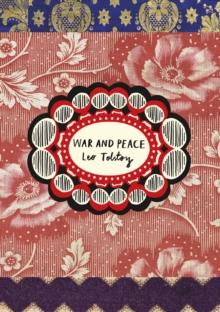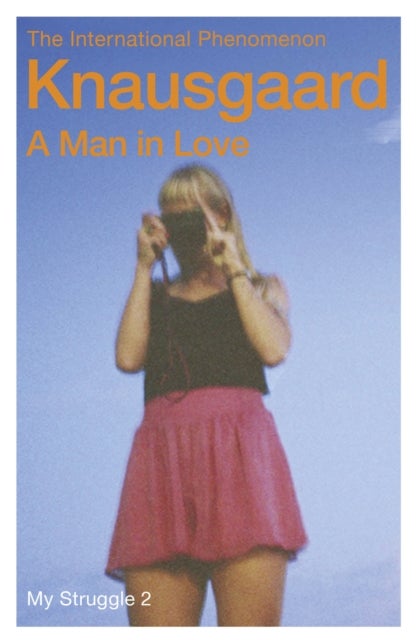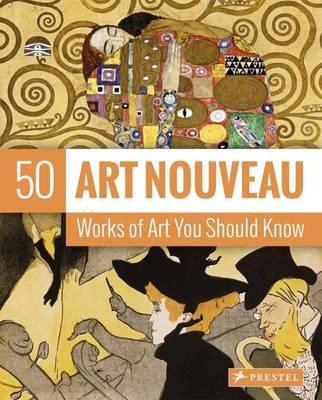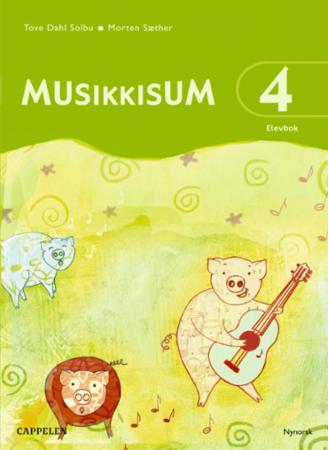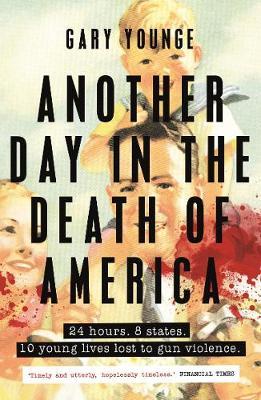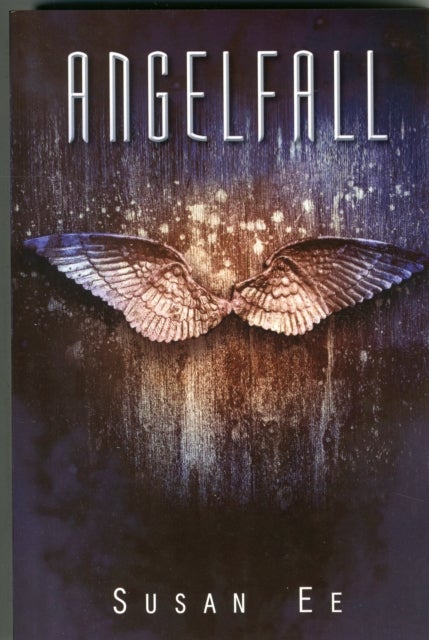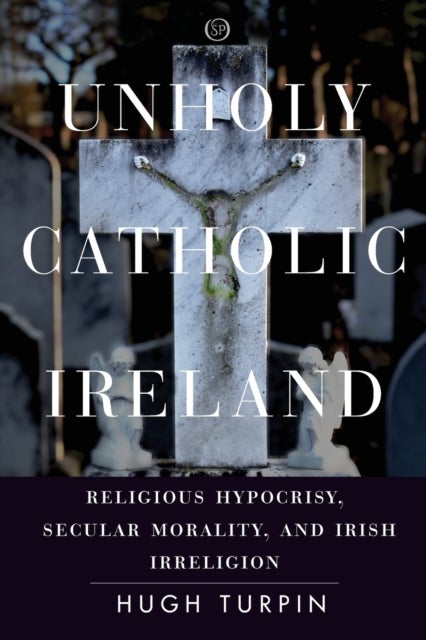
Unholy Catholic Ireland av Hugh Turpin
349,-
<p>There are few instances of a contemporary Western European society more firmly welded to religion than Ireland is to Catholicism. For much of the twentieth century, to be considered a good Irish citizen was to be seen as a good and observant Catholic. Today, the opposite may increasingly be the case. The Irish Catholic Church, once a spiritual institution beyond question, is not only losing influence and relevance; in the eyes of many, it has become something utterly desacralized. In this book, Hugh Turpin offers an innovative and in-depth account of the nature and emergence of "ex-Catholicism"¿a new model of the good, and secular, Irish person that is being rapidly adopted in Irish society.</p><p>Using rich quantitative and qualitative research methods, Turpin explains the emergence and character of religious rejection in the Republic. He examines how numerous factors¿including economic growth, social liberalization, attenuated domestic religious socialization, the institutional sc

